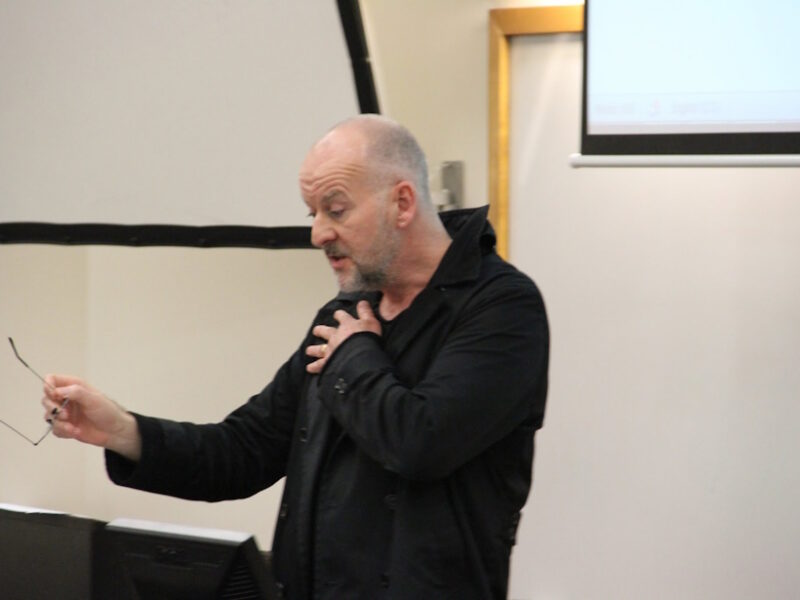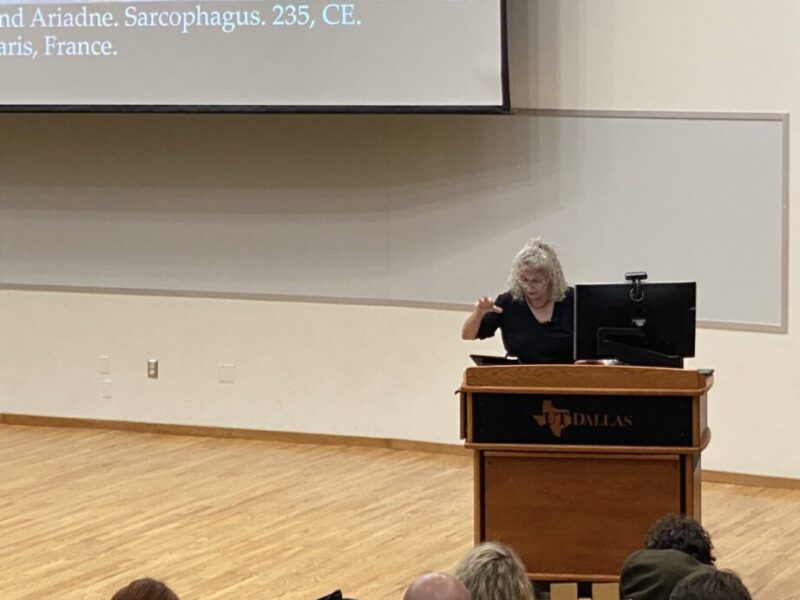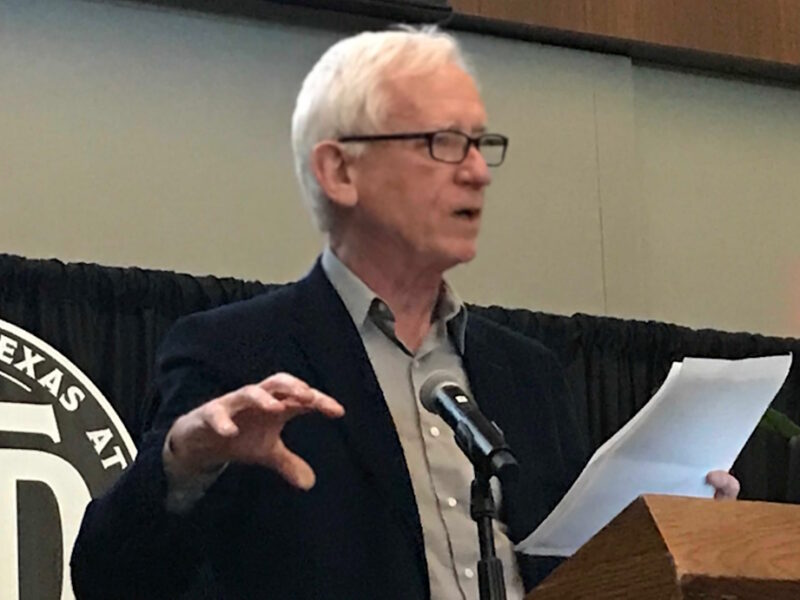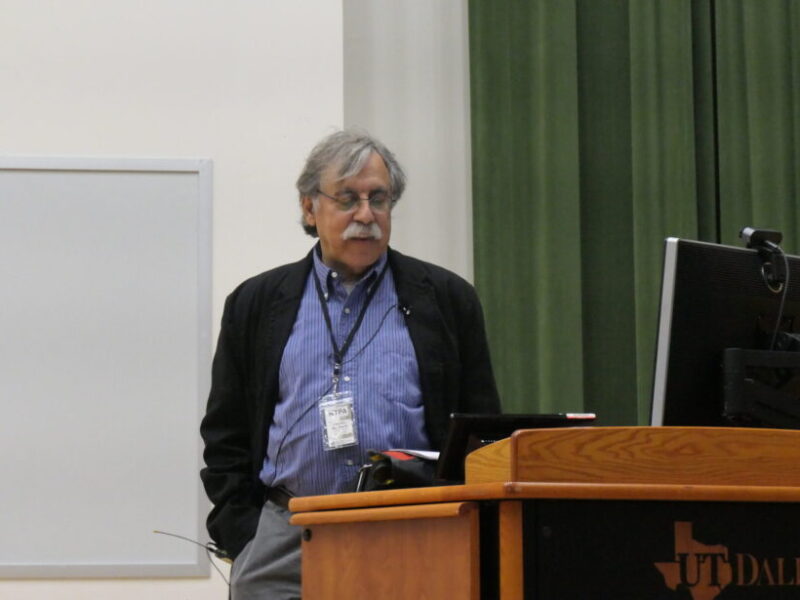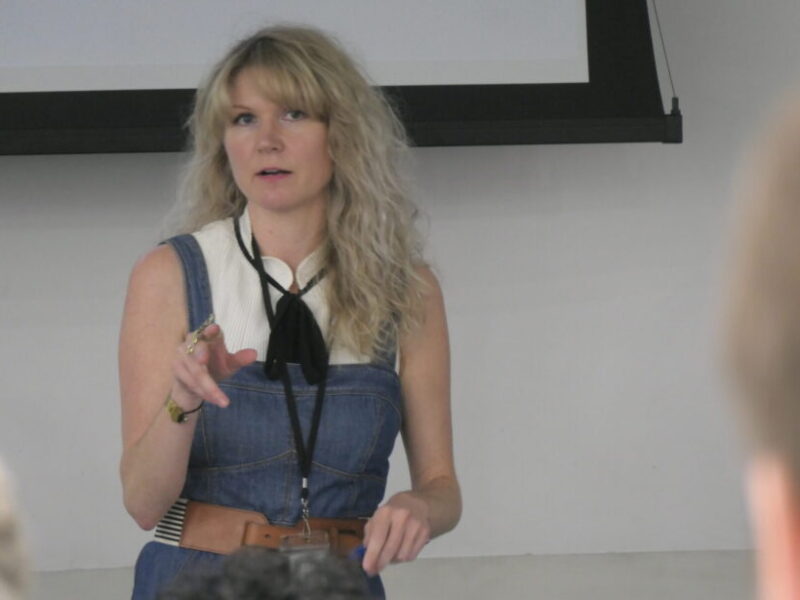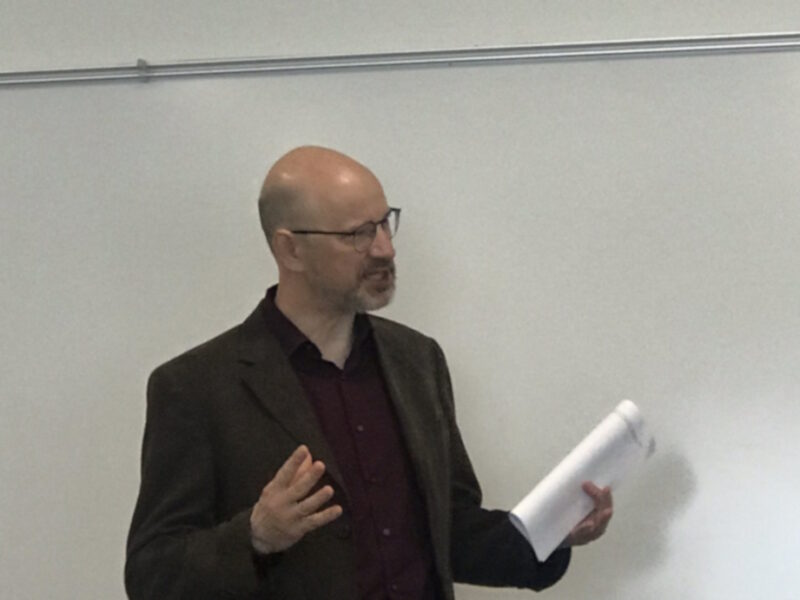A decades-long commitment to philosophical scholarship, education, and community.
Previous keynotes include Simon Critchley, John Caputo, John Sallis, Sandra Harding, Linda MArtin Alcoff, Alfonso Lingis, Mariana Ortega, Babette Babich, Dermot Moran, Steven Crowell, Keith Ansell-Pearson, Chaone Mallory, and Santiago Zabala.
The NTPA welcomes submissions from all philosophical orientations, including (but not limited to) the history of philosophy (ancient, medieval, modern, late modern), phenomenology, philosophical hermeneutics, environmental philosophy, aesthetics, philosophy of religion, critical race theory, feminist philosophy, aesthetics, post-colonialism, and post-structuralism. We especially encourage submissions from historically overlooked or marginalized perspectives. An open call for papers is distributed every fall.
2025 Conference Program

Sandra Harding
1935 – 2025
Photo: UCLA
“Thinking from women’s lives provides crucial resources for the reinvention of sciences… Without such sciences, the majority of the world’s peoples remain deprived of knowledge that could enable them to gain democratic control over the conditions of their lives.”
– Whose Science? Whose Knowledge? Thinking from Women’s Lives

John Sallis
1938 – 2025
Photo: A. Wilkerson
“One will never be able to interrogate wonder philosophically except by way of a questioning that the operation of wonder will already have determined.”
– Double Truth
